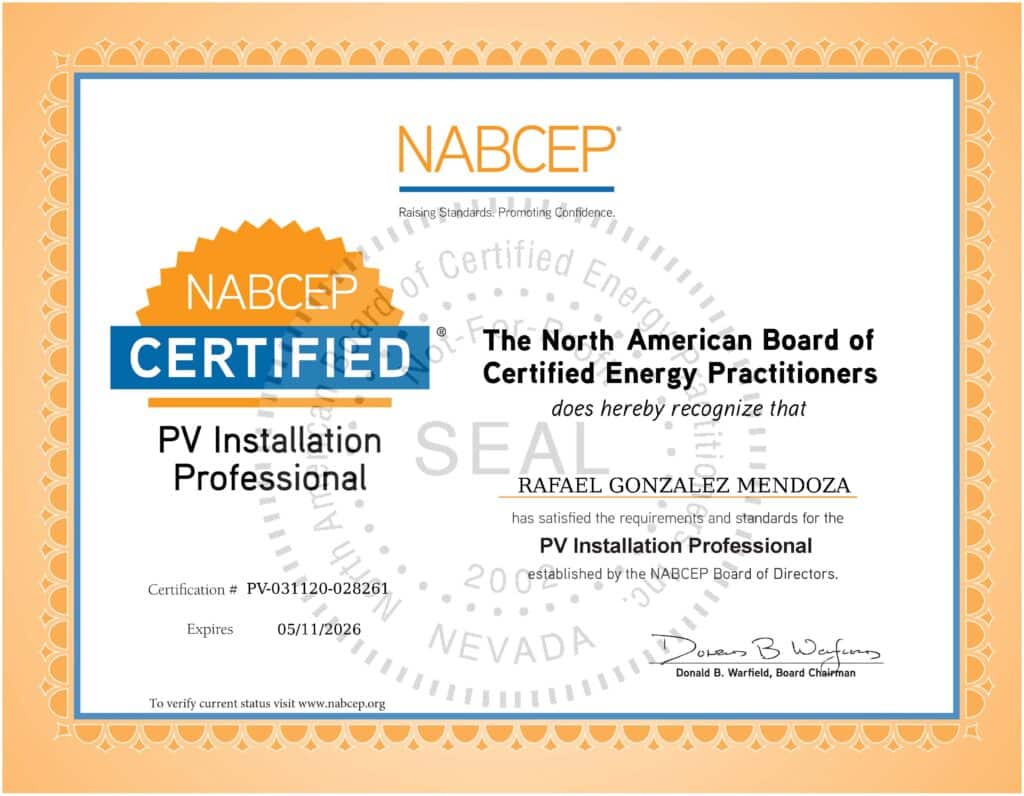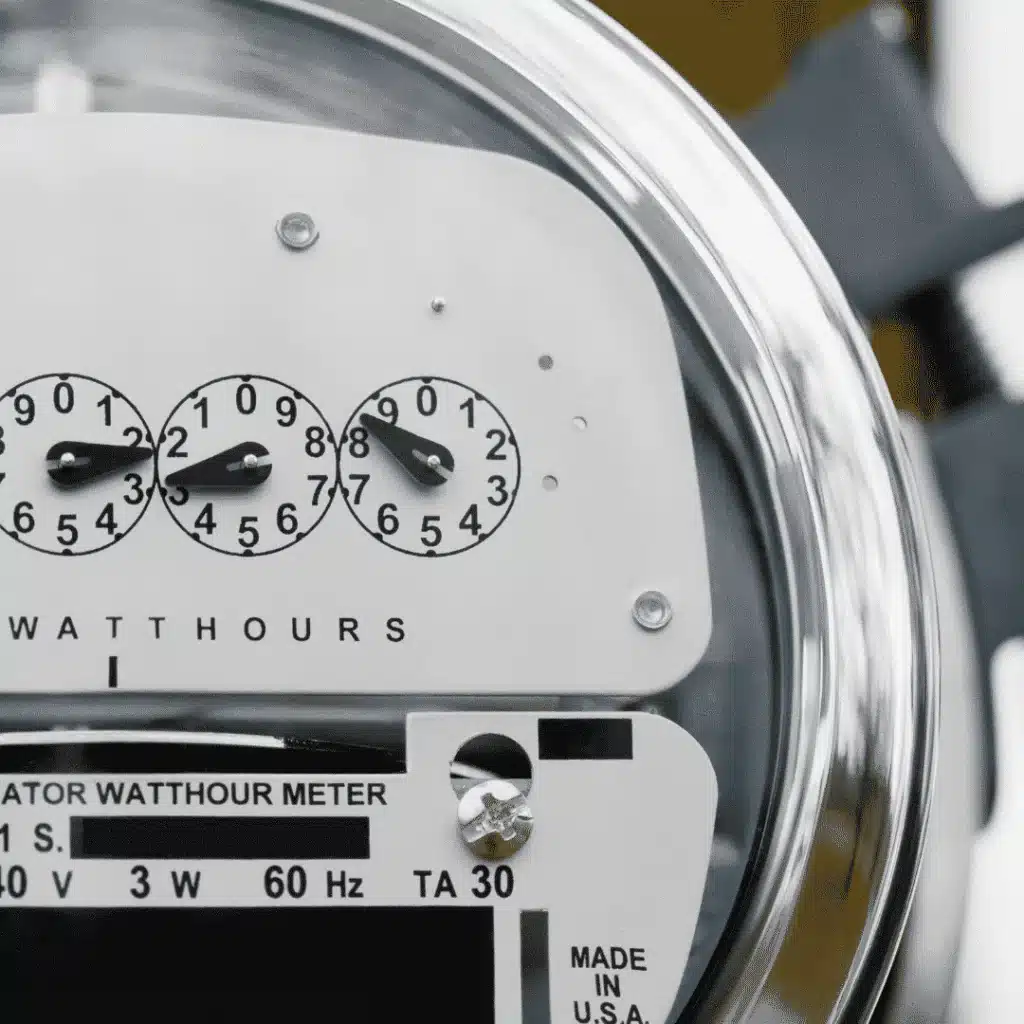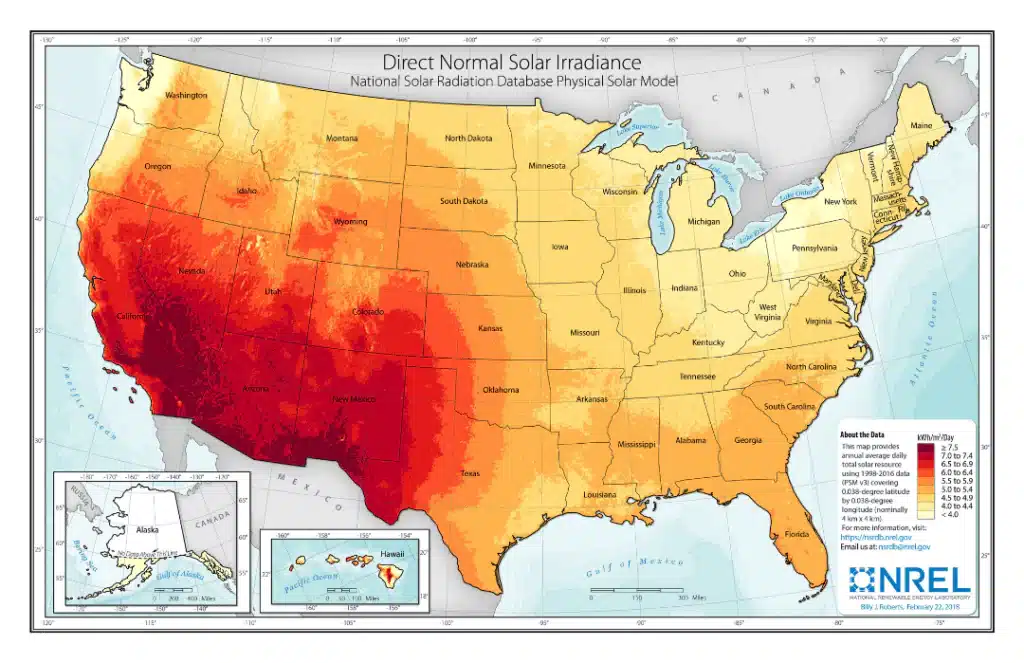Solar Contractor License:
- CVC 56962 (Florida)
Electrical License:
- Florida Electrical Contractor #EC13007879
- California CSLB#1069269
- Colorado Master Electrician #ME.3001358, Electrical Contractor #EC01202758
- Georgia Electrical Contractor Non-Restricted #EN216145
- North Carolina Unlimited Electrical Contractor #U32638
- South Carolina Mechanical Contractor #115302
- Alabama: Master Electrician #02301, Home, Electrical Contractor #39998
- Texas Master Electrician #501955, Electrical Contractor #35375
- Louisiana Electrical Work #72043
- Arkansas Master Electrician #M-10851
- Utah Master Electrician #13448821-5502
- Oklahoma Unlimited Electrical Contractor #00214345
- Virginia Tradesman #2710072035
- Idaho Master Electrician #066634
DOR:
- RS9908186
FL CS:
- TC5160
Contractor License:
- FL Roofing CCC 1332637
- FL Builders CBC1264000
- Georgia Builders GCCO007273
- AL Builder-Unlimited #28129
California Self Generation Incentive Program:
- GSP Electric Developer Key: 8350NF
Business Licenses:
- Florida #2018105561
- Alabama #000579705
- Arizona #23546197
- California #201920310049
- District of Columbia #C00007789253
- Georgia #19090818
- Louisiana #44365017Q
- Maine #20240247FC
- Maryland #Z24080475
- Minnesota #1397224200025
- New Hampshire #934230
- New Jersey #0450981072
- New York #7034731
- North Carolina #1799097
- Rhode Island #202340722220
- South Carolina #00977702
- Texas #32075439334





